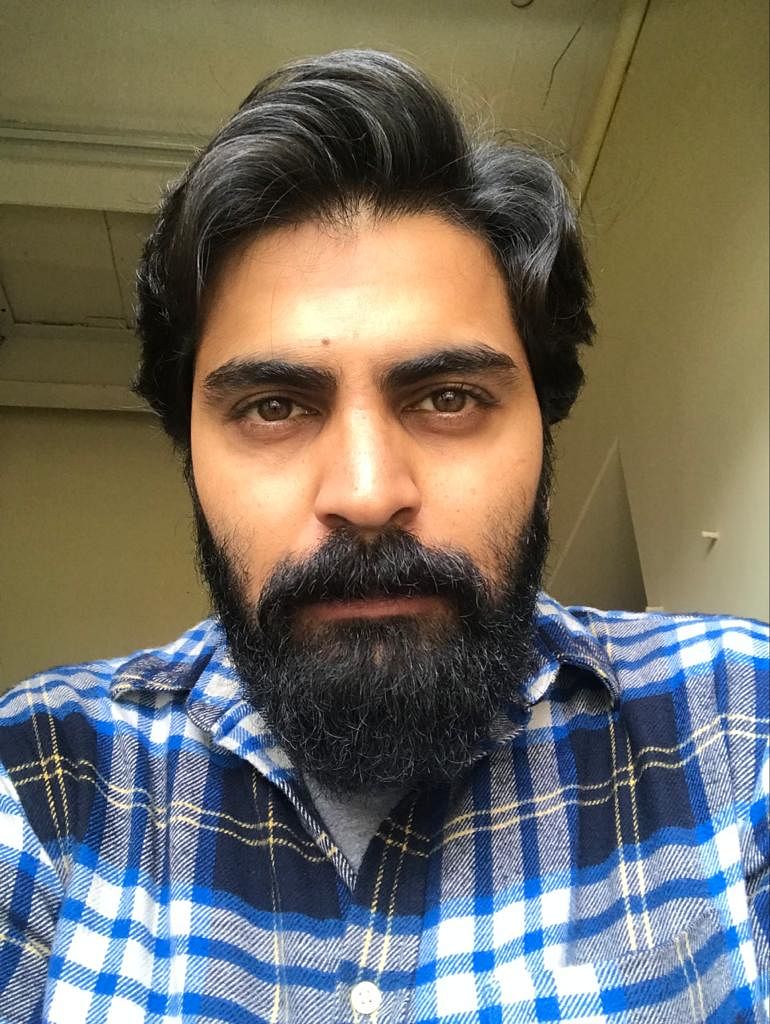Aster targets Tier-2 markets in India

The Dubai-headquartered Aster DM Healthcare, which runs 13 hospitals in India and is expanding further, is looking to broad-base its presence by targeting low-income groups covered under Prime Minister Narendra Modi’s pet Ayushman Bharat health insurance scheme.
“We think there’s a significant opportunity at the bottom of the pyramid,” Aster DM Healthcare founder CMD Azad Moopen said. “In India, we are currently catering to the middle-income group. Below that is a huge segment of people who are now going into Ayushman Bharat. We’re strategising on how we can go there,” he said.
The healthcare chain has a larger presence in the Gulf Cooperation Council (GCC) region with 12 hospitals, 108 clinics and 238 pharmacies. It operates three brands - MedCare, which caters to the premium segment; Aster for middle-income groups and Access for blue-collared, low-income groups.
“I don’t think any other player has segmented the market economically. But we have the huge advantage of having three verticals, and we run hospitals, clinics and pharmacies,” said Moopen, who started off by setting up a small clinic in the Bur Dubai area in 1987.
Moopen said Aster does not have clinics in India because insurance does not cover outpatient services. “Once the outpatient gets covered, the situation will change.”
The Ayushman Bharat, which is also called the Pradhan Mantri Jan Arogya Yojana, aims to cover about 10.74 households (50 crore beneficiaries) with a coverage of Rs 5 lakh per family per year for secondary and tertiary care hospitalisation.
“The issue with Ayushman Bharat is that its prices are lower than what we as an organisation spend on equipment, infrastructure and doctors,” Moopen pointed out. “So, we’re thinking of having blocks in our existing hospitals for Ayushman Bharat customers, so that resources can be shared. Or, we can go to Tier-2 and Tier-3 cities and have smaller facilities with a general ward, where the cost will come down,” he said.
Expansion in India
Aster is in the process of adding 1,510 beds in India, in addition to its current capacity of 3,693 beds. The India expansion plan, with an investment of about Rs 750 crore, includes two facilities coming up at Bengaluru (one greenfield and brownfield), one in Chennai and scaling up of its existing hospital at Kolhapur. In all, Aster sees about 1.1 million patient visits in India.
“About 13% of our global business comes from India and the rest 87% from GCC,” Moopen said, adding that he is not worried about the competition Aster faces in a crowded market like Bengaluru.
“We entered Bengaluru three years ago with a 500-bed hospital in Hebbal. This hospital broke-even in the shortest time possible, in less than a year, in the midst of all competition,” he said. “Then, we started the second hospital in JP Nagar six months ago, which is also heading towards break-even. Having competition shouldn’t make you wary of entering a market. If you have a good product and it’s better than others, it should do well,” he said.
Moopen works closely with authorities in the UAE and Dubai, and has also worked with Niti Aayog to advise on the healthcare sector. The physician does believe that India needs to do better on the ease of doing business.
“I do see a clear direction and there have been results. States especially need to do more,” he said.
“Look at Dubai - it doesn’t have oil, fertile soil, water and people, too. We have all of this in most of our states...what are we doing?” By 2022, Moopen’s daughter Alisha Moopen will run Aster DM Healthcare, according to the succession plan. “That’s depending on her performance,” Moopen quipped.
But Alisha, who is now the deputy managing director, is bullish on the way forward for the company as well as the healthcare industry. “Up until now, different industries have been disrupted whereas health has largely remained traditional. There’s so much work happening on predictive analytics, genetics...we don’t know which way healthcare will go,” she said. Four-fifths of healthcare service is outpatient, and Moopen pointed out that little had changed. “Most outpatient consultation require just a diagnosis. Why can’t this be done by a doctor seeing the patient using technology or the internet?”
(The reporter visited Aster DM Healthcare and its facilities in Dubai at the invitation of the company.)
Deccan Herald is on WhatsApp Channels| Join now for Breaking News & Editor's Picks